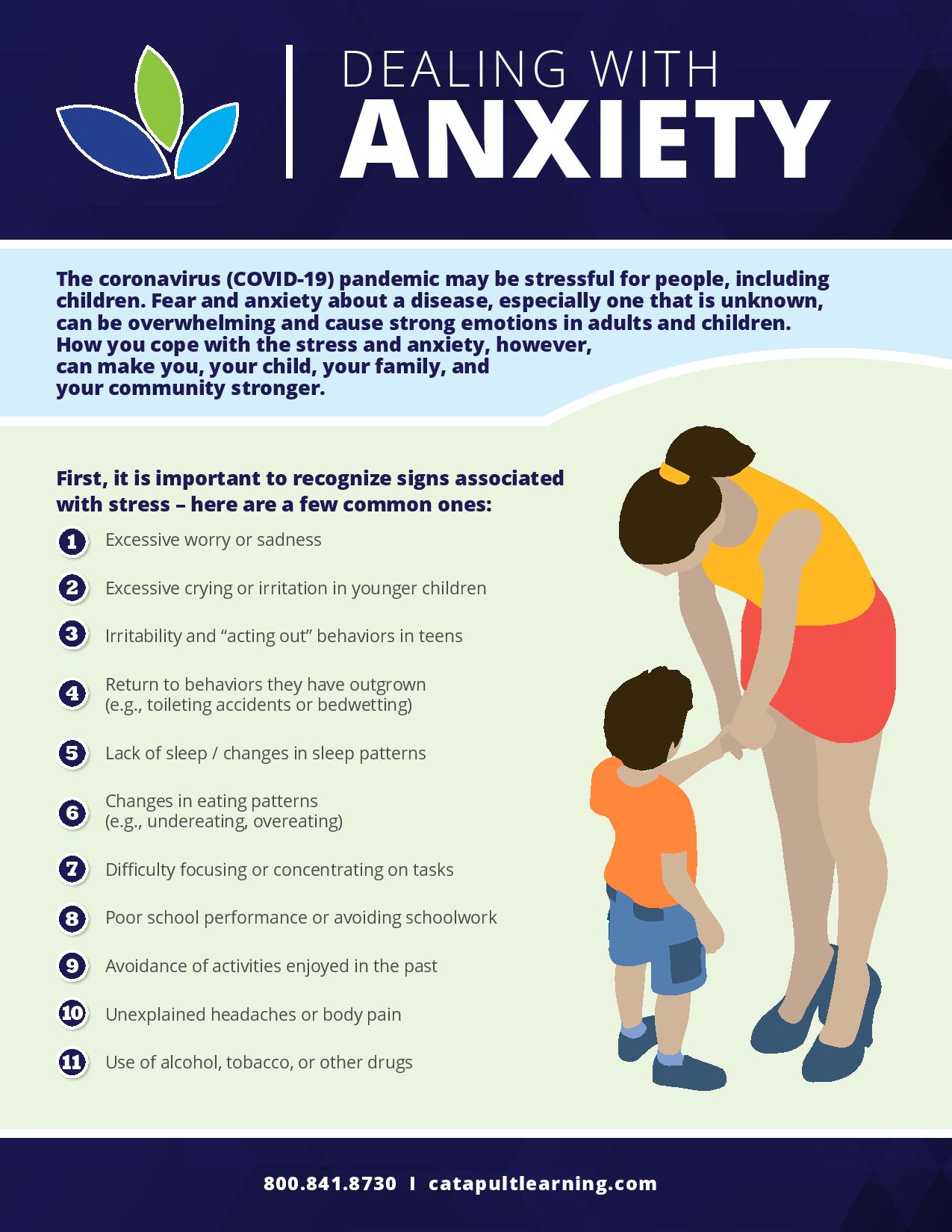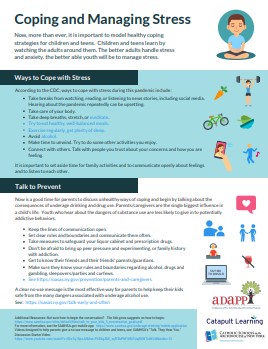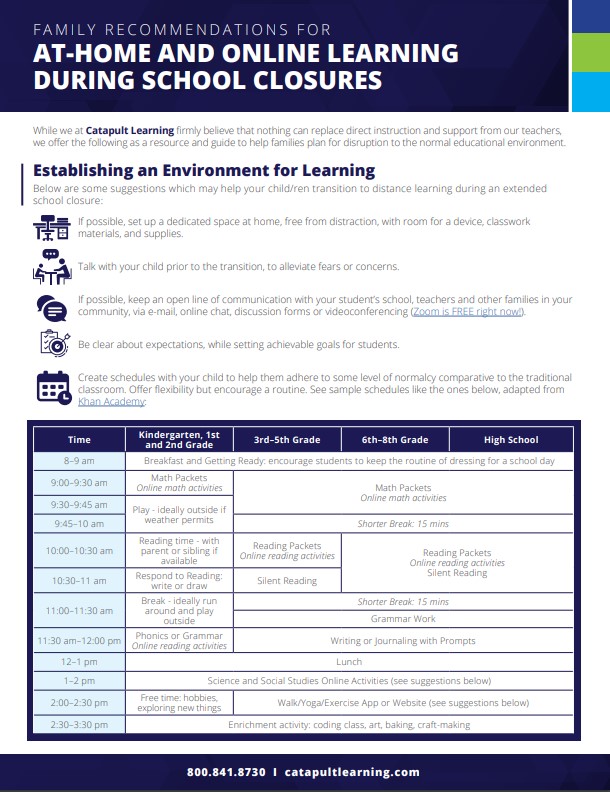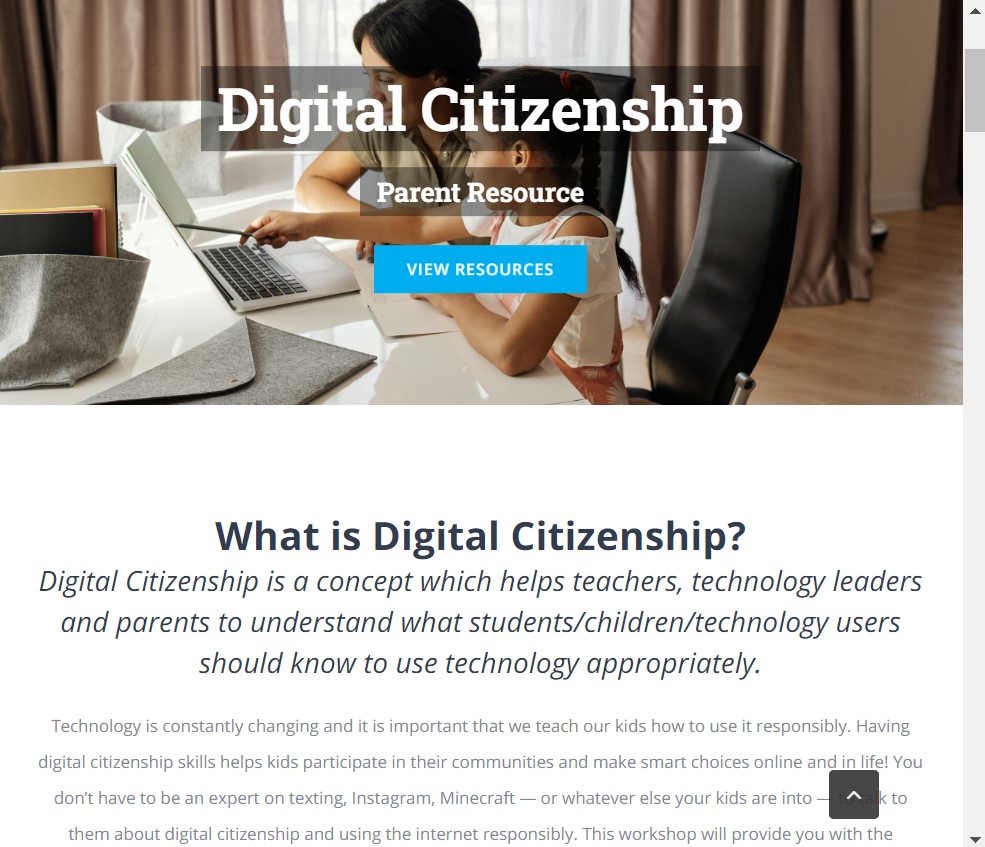
2020 NYC Summer Journey Extended Learning Year
Archdiocese of New York
The Catholic Schools of the Archdiocese of New York and Catapult Learning are excited to offer 2020 Virtual Summer Journey Extended Learning Year (ELY). This virtual summer program has been specifically designed to keep your student having fun while reinforcing grade-level foundational skills that have been lost due to disrupted learning time.
The curriculum for this program has been specially curated to cover the content your student’s classroom teacher would ordinarily cover in Quarter Four of instruction. By supporting your student’s daily attendance in this program, you are ensuring they’re sharpening their tools to best prepare for the beginning of school year 20-21.
Below you will find links and resources to support you and your child throughout the program. Remember, your student’s teacher is there to support you every step of the way!
Need help with…
| Troubleshooting a technology issue | Check the Tech Support page for tips or submit a support ticket for help. |
| Questions about your child’s schedule or materials | Contact your Teacher or Parent Liaison |
| Switching groups or session time | Contact your Parent Liaison |
| Any other issue | Email [email protected] or call 646-330-5745 |
Family Resources
Managing Trauma as a Family
Witnessing a traumatic event that threatens the life or security of a loved one can be traumatic. Like natural disasters, pandemics can be a source of extreme stress and trauma for children and adults alike. In fact, it is likely that the stress adults feel as a result of this coronavirus crisis will be mirrored in their children. So, how do we begin to recognize trauma not only in ourselves, but also in our children and put in place practices and routines to overcome it? To answer this question, it is important to understand how stress and trauma show up across different age-groups. View our video to better understand how to overcome stress and trauma as a family.
Dealing with Anxiety
The coronavirus (COVID-19) pandemic may be stressful for everyone, including children. Fear and anxiety about a disease, especially one that is unknown, can be overwhelming and cause strong emotions in adults and children. How you cope with the stress and anxiety, however, can make you, your child, your family, and your community stronger. Consult our guide on how you can become aware of signs of anxiety as well as methods to support your child during this crisis.
Coping and Managing Stress
Children look to their parents for guidance, so modeling the right ways to cope with and manage stress is important. Part of that is understanding and implementing the best ways to deal with stress, as well as talking with kids about the wrong ways to deal with it, such as drug use and underage drinking. Our Coping and Managing Stress resource offers helpful advice and information, including the CDC’s recommendations and tips for coping with stress as well as how to set boundaries for your children.
Recommendations For At-Home And Online Learning
Our Family Recommendations for At-Home and Online Learning During School Closures resource is full of useful information and insights, including how to establish an environment conducive to learning, a sample school-day schedule, links to instructional materials, and a library of online learning activities and websites that covers a wide range of fun and interesting topics and subjects for your student(s).
Digital Citizenship Parent Resources
Our digital citizenship parent resource page is full of useful information and insights, including the nine ways to be a good digital citizen, free lessons, ways to protect your kids online, and a look at the problems surrounding cyber-bullying. As a parent, it’s critical to know how to teach your child—and yourself—to be a good digital citizen. This page has all the answers you need.




